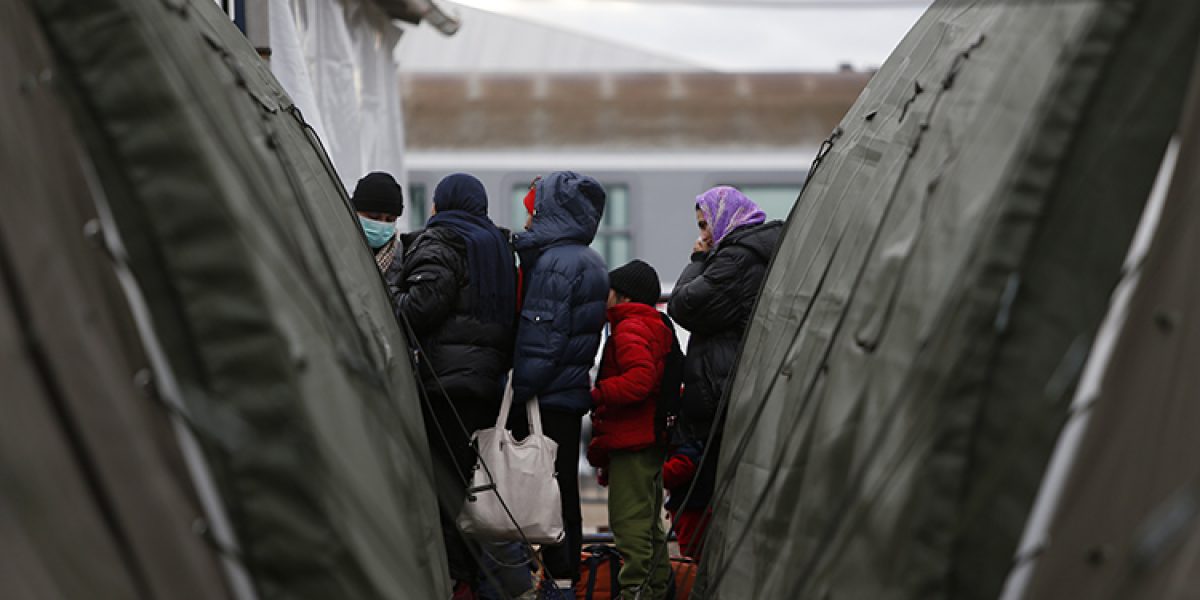Recommendations for humane return policies in Europe
18 July 2018

Brussels, 18 July 2018 – JRS Europe together with other faith-based organisations published the position paper “Recommendations for humane return policies in Europe”. Increasing removal rates of migrants and asylum seekers has recently become a political priority, to the detriment of integration measures and safe and legal pathways of migration.
“Any return policy has to guarantee the dignity and fundamental rights of the person. The fundamental principle must be to return in safety and dignity,” states the paper. The principle of non-refoulement –people in need of protection cannot be returned to unsafe countries– has to be respected in all procedures and actions.
The organisations urge to invest in voluntary return, which should always be prioritised over forced return to put the well-being of people first. It is fundamental to keep the voluntary nature of “voluntary” return. European member states make it often extremely difficult for people to receive asylum or reunite with their families, leaving them no more option than to choose between voluntary return and forced return.
The political prioritisation of return policy has a negative impact on the asylum procedure and the individual right to asylum. Criteria used to assess protection available in “safe third countries” are often vaguely defined, not guaranteeing the effective safety of those countries. Due to this reason, the principle of non-refoulement is endangered. The paper stresses the importance on maintaining a clear separation between international protection and return policies.
The paper expresses deep concern on the practice of increasing returns to conflict and fragile countries as Afghanistan, Iraq or Sudan. Forcibly displaced people must never be returned to unsafe places where their life is at risk. The organisations ask for monitoring mechanisms, which trace back returnees and ensure that their safety is guaranteed.
Detention has increased during the recent years. Nevertheless, these practices have not proven to lead to more returns. Priority must be given to alternatives to detention. Detention must only be used as a last resort practice, as it generates psychological damage and increases the perception of migrants as criminals.
The paper highlights that there are hardly any legal entry channels to access Europe. It is as well highlighted that thousands of forcibly displaced people live in poverty and destitution as a result of deficient return policies. The organisations demand the insurance of a return policy that does not criminalise migrants and asylum seekers and does not force them into destitution.
Development aid is steadily more used to pressure governments of countries of origin in the negotiations on the return of migrants and to contain people in their countries. The paper insists on ending the use of development aid as a migration control tool. Development aid has to be used for what it is established for: creating opportunities and well-being in the poorer countries.
